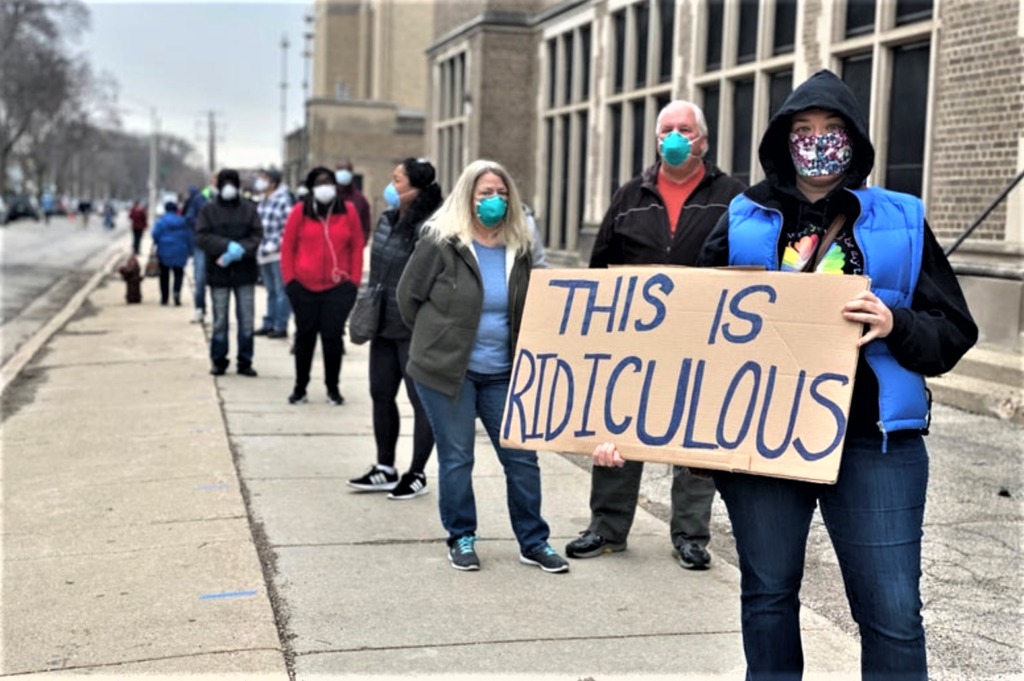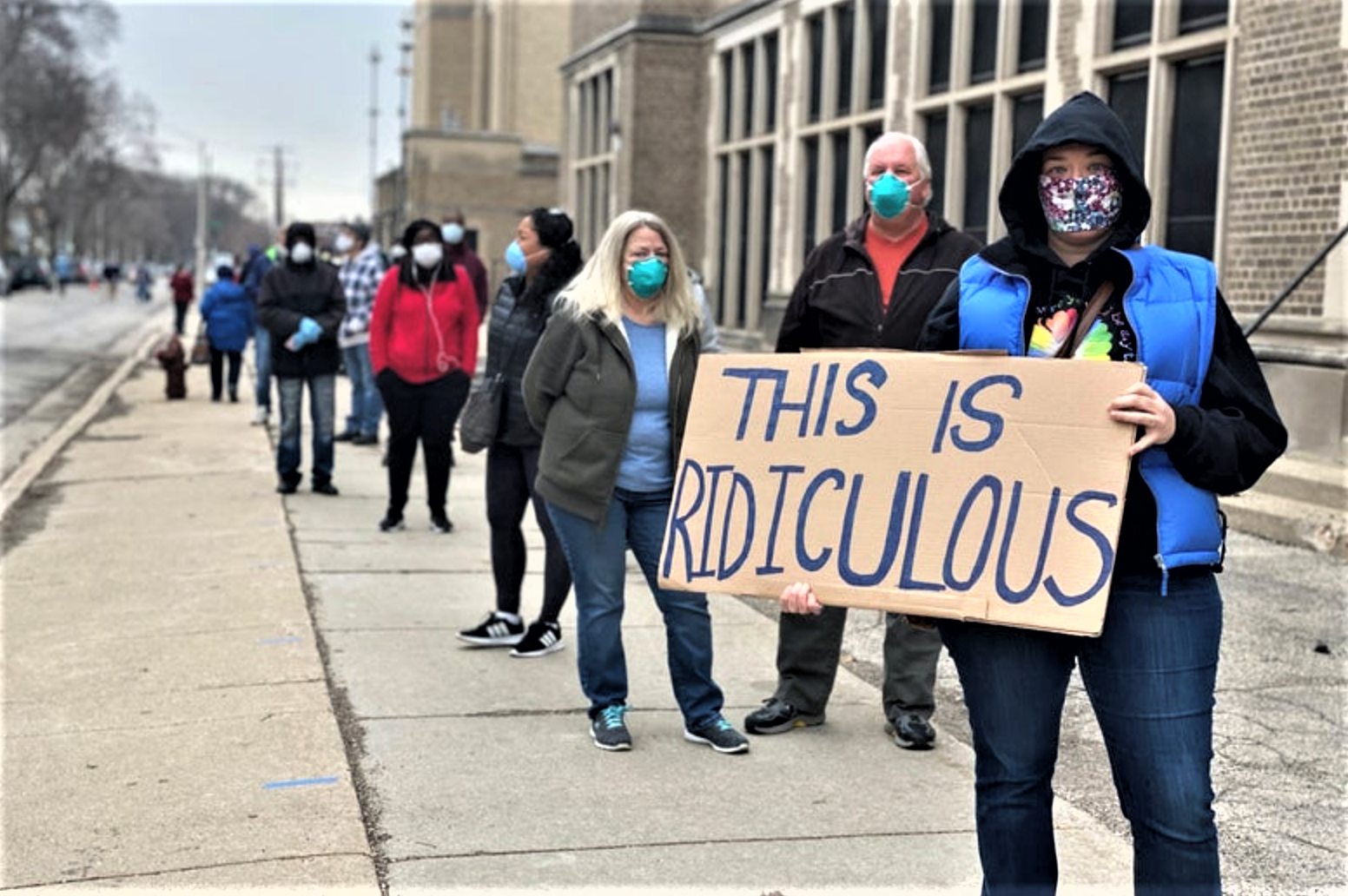
Washington Post columnist, E.J. Dionne Jr., and Miles Rapoport, a senior fellow at the Ash Center of Harvard’s Kennedy School of Government and a former Connecticut secretary of state, have proposed a solution to election voting long overdue.
Their new book, 100% Democracy: The Case for Universal Voting, makes a clear and compelling argument.
“Under this system, every U.S. citizen would be legally obligated to vote, just as every citizen is obligated to serve on juries,” the authors write.”
“Courts have long ruled that government can legitimately require certain forms of behavior. Our society accepts the universal obligation to serve on juries as the only way to guarantee fair trials that vindicate the rights of everyone. Serving on a jury for a long trial is a far more onerous task than casting a ballot, especially in a system that makes doing so easy. . . .
“By recognizing that all of us, as a matter of civic duty, have an obligation to shape our shared project of democratic self-government, we could move from our 2020 voter turnout high — some 66.8 percent of eligible voters — much closer to 100 percent democracy.”
Makes sense, doesn’t it?
“As a public responsibility, voting is no less important than jury duty. Universal civic-duty voting would put an end to legal assaults on voting rights. Those responsible for organizing elections would be required to resist all efforts at voter suppression.”
Makes even more sense.
“By bringing all citizens into our democratic experiment,” the writers note, “universal voting would tell those who run political campaigns to stop treating elections like invitations to exclusive parties. There would no longer be an A-list of ‘likely voters’ and B- and C-level lists of those less likely to participate. Political candidates would have to appeal to all of us, rather than strategize on how to turn out their base while discouraging the other side’s supporters from casting ballots.
“More than two dozen democratic countries have versions of compulsory participation. One of the most successful models is Australia’s. The United States adopted the secret ballot after Australia tried it first. We should do the same with universal voting.
“Adopted in 1924, Australia’s system has created a culture of participation. Election Day is always on a Saturday, and turnout hovers around 90 percent in every major election. ‘voting in Australia is like a party,’ one voter told the New York Times in 2018.
“The Australian system provides for a wide range of legitimate excuses for failing to cast a ballot, including illness, and the penalty for not voting is low: 20 Australian dollars (roughly $15). Fewer than 15 percent of nonvoters end up having to pay the fine.
“The gateway reforms that a fair U.S. system would require are similar to those included in the Freedom to Vote Act and other voting rights bills languishing in Congress — legislation we strongly support. Explicitly declaring voting a duty would make clear why all levels of government must allow citizens to fulfill their obligations. Voting as a civic responsibility is rooted in the proposition that rights and duties are intimately related. Declaring voting a duty is the best way to defend it as a right. To say that everyone should vote is the surest guarantee that everyone will be enabled to vote.
“Those with a moral objection to voting could assert conscientious-objector status, as they can for the draft. To avoid the compounding of fines and fees of the sort disproportionately imposed on low-income people of color, we propose that any fine imposed for failure to vote — no more than $20 — not be compounded with interest and penalties, nor could it be the basis for any criminal warrant. And the penalty could be waived in exchange for an hour of community service.
“The point is not to impose sanctions but to signal that voting is an expectation of citizenship.
“Charles J. Ogletree Jr., the legendary civil rights lawyer and Harvard Law professor, observed that it is ‘perhaps … a measure of our progress’ that ‘all races and all citizens groan equally loudly when the jury summons arrives.’ Yet the right and duty of all to serve are part of the country’s ‘constitutional strength.’
“‘A jury gives ordinary people extraordinary power,’ Ogletree wrote. The same can be said of the right — and the duty — to vote.”
100 percent Democracy: isn’t that what we all want?
Comments
Leave a Comment











Yes, Americans, lets serve and VOTE!